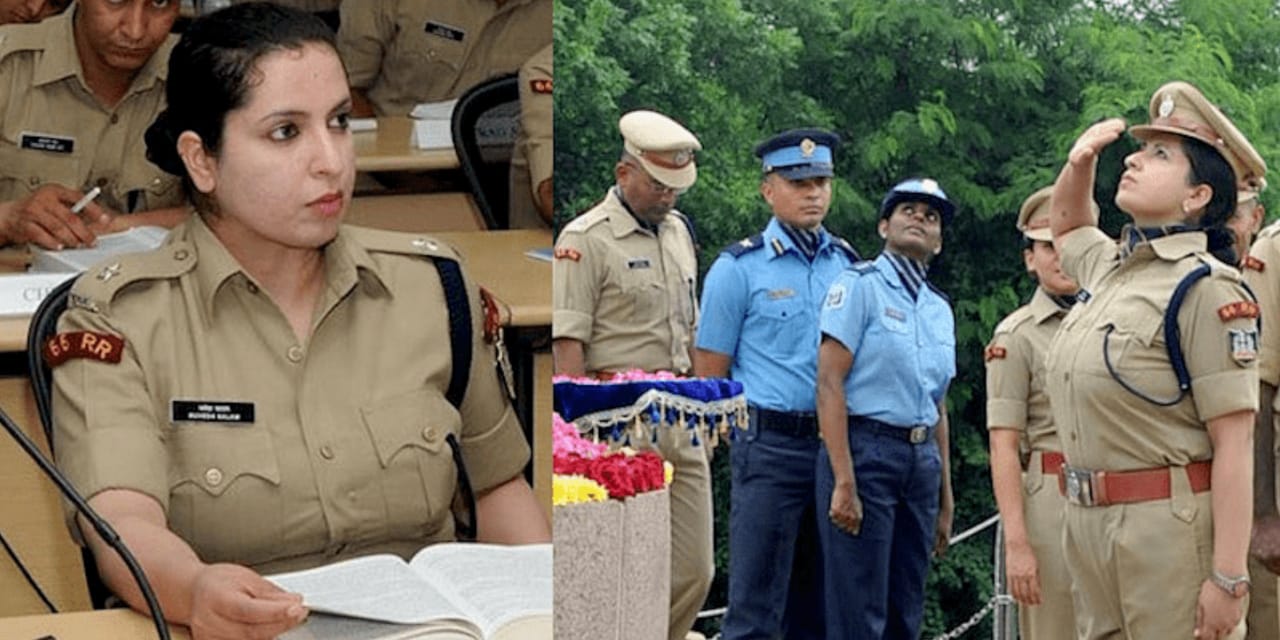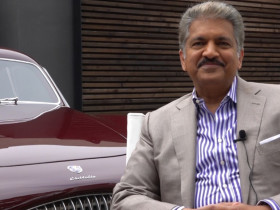No products in the cart.
Meet the Padma Shri Winner Vasudevan who used plastic waste to build roads
There are three great ways about protecting the environment that have never been in doubt. It comes up with 3R’s i.e. ‘Reduce-Reuse-Recycle’. Going by the phrase, one can eliminate the waste in a bid to save the mother nature. There are hardly few people who show copious zest in saving the environment.
Have you ever heard of Padma Shri Winner Rajagopalan Vasudevan, the greatest ever chemistry professor? Hailing from Madurai, the 73-year-old Rajagopalan Vasudevan was nominated as one of the recipients of the priviledged Padma Shri the government’s fourth highest civilian honour.

An innovative idea of turning the plastic wastes to build roads sparked in Vasudevan’s mind and hence after running through extensive experimenting sessions and in-depth research, he was able to come to a firm conclusion. Rajagopalan Vasudevan is well known as the “Plastic Man of India”
The greatest ever innovation started in 2002 when Rajagopalan Vasudevan came up with the idea of converting the plastic waste to lay roads. The necessary substance contains spraying dry, shredded plastic waste, made up of pieces that reads 2 mm in size, over gravel or bitumen warmed up to an extent of 170º C. By doing so, he came to know that the plastic melted accordingly and then he coated the stones with a thin film.
The plastic-coated stones were taken and then processed it to a molten tar. It is cognisance of the fact that plastic and tar are petroleum products and so the process was made so simply as they fastened tightly well. Initially, Vasudevan executed this method to build road on the Thiagarajar Engineering college campus. From what he studied in the research and from the result is that the plastic waste was reduced and also durable roads can be made.
Vasudevan’s creativity was patented in 2006 and he caught the attention of well developed countries namely, Japan and China as well. The Padma Shri winner, however, chose to adapt his idea with the Indian government for absolutely free of cost. In what is an incredible piece of achievement, it is learnt that Vasudevan’s technology has been used to build over 100,000 km of roads in at least 11 states, including Tamil Nadu.
With countless plastics increasing day by day, Vasudevan’s idea did generate a heap of interest from the government as it was made mandatory in November 2015 for road developers to mix plastic with bitumen while laying roads.
According to a report released by the Central Pollution Control Board, since 2013, India has been generating around 15,342 tonnes of plastic waste daily, or 5.6 million tonnes a year. Only a fraction of this is recycled or reused.
“To lay one kilometre of road, you need one tonne of plastic,” explained Vasudevan. “This translates to 10 lakh plastic carry bags. Today, India has 41 lakh km of road, and we do not have enough plastic to convert all of them into plastic roads. So we should not have any problem in disposing of plastics in the future using this technology.”
Another advantage of using plastic to build roads is that it reduces the quantity of bitumen needed, thereby proving to be an economic method.
“A plastic road needs only 9 tonnes of bitumen and one tonne of plastic, unlike normal roads that need 10 tonnes of bitumen per kilometre,” he said. “The plastic road’s life is not less than 10 years. No potholes will be formed during monsoon.”
“This set me thinking. Since plastic is a product of petroleum this theory of the doctor had to be false. There was a lot of serious talk about banning plastics all over the country and finding solutions to the waste plastic strewn all over. I decided to take up the challenge to experiment with waste plastics and see if I could find a solution,” he says.
“The advantages of using waste plastics for road construction are many. The process is easy and does not need any new machinery. For every kilo of stone, 50 gms of bitumen is used and 1/10th of this is plastic waste; this reduces the amount of bitumen being used. Plastic increases the aggregate impact value and improves the quality of flexible pavements. Wear and tear of the roads has decreased to a large extent,” explains the proud Plastic Man of India.
“Swacch Bharat is our first priority. We will first help India dispose of its waste material by spreading the message about the use of plastic waste in road construction and usage of plastone. Once we have made headway in almost every part of our country, we will share this technology with other countries.”








